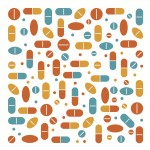
The NICE guideline on common mental disorders (PDF) was published back in May 2011, which means that it only included evidence published up until the end of 2010. This is a fast moving field, so NICE have now put out an evidence update, which focuses on new evidence published from Sept 2010 to Oct 2012. This [read the full story…]









